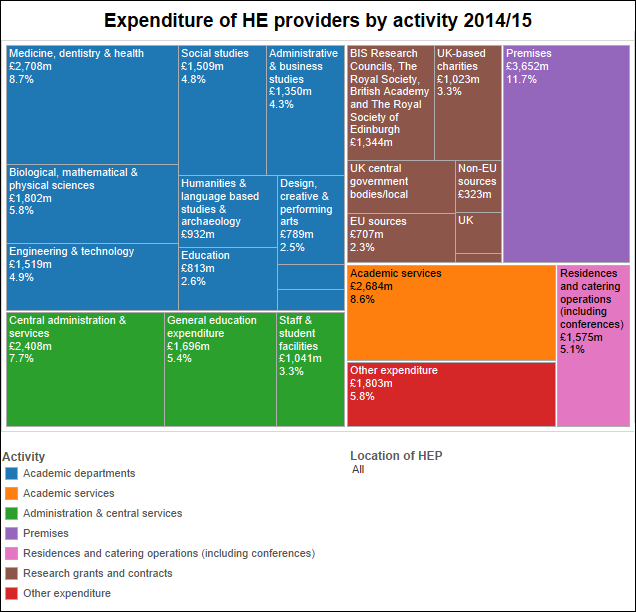Undergraduate courses are not properly equipping students to pursue doctorates, meaning that many undertaking PhDs are “less confident” than those in past cohorts, a conference has heard.
Alison Hodge, professor of engineering leadership at
Aston University, made the warning as universities prepare for a new government loan scheme that could help more students to enter doctoral study.
Undergraduate programmes “have been quite heavily structured”, she told delegates at a conference in London on 7 April. Course leaders have tried to encourage “independence” among undergraduates, but students are nonetheless “less confident, less standalone when they embark on PhDs”, than in the past, she said.
Later during the conference, she added: “With the expansion in numbers there are more people going into PhDs than perhaps were formerly”. But not all of these have the independence, self-reliance and “slightly rebellious” streak needed to get through a doctorate, Professor Hodge warned.
More students believe – having done well at undergraduate level – that they can “sail through” a PhD using the same ways of working, she argued. The conference heard that a sizeable minority of PhD students still start a doctorate without studying a master’s first.
Asked whether she agreed with Professor Hodge, Clare Jones, a senior careers advisor for research staff and students at the
University of Nottingham, said: “I do think there is a bigger difference [now] between being on an undergraduate programme and then moving through to a PhD”.
New PhD students “need to get hold of the fact very quickly that they are working differently”, she said.
A total of 12.8 per cent of research degree students in England will end up leaving without a qualification within seven years, according to
projections by the Higher Education Council for England (Hefce) relating to those who started a doctorate in 2010-11. However, this is a very slight improvement on earlier cohorts.
In
March's Budget, it was confirmed that from 2018-19 doctoral students will be able to take on a £25,000 loan to help cover the cost of a PhD.
Steven Hill, Hefce’s head of research policy, told the event, Next Steps for Postgraduate Research: Funding, Quality of Provision and the High-Skilled Workforce, organised by the Westminster Higher Education Forum, that this sum would not cover the full living and fees cost of a PhD. Many students would therefore still need to find other sources of funding.
Dr Hill added that 56 per cent of postgraduate research students now enter with a master’s qualification, a figure that had been increasing in recent years.







